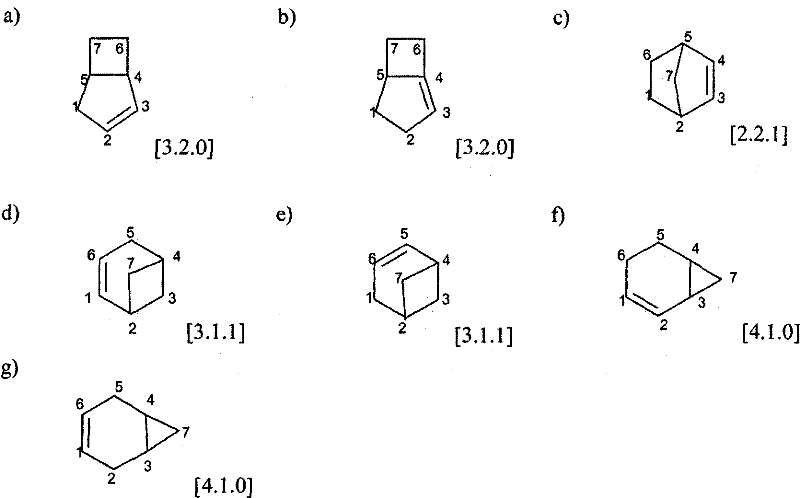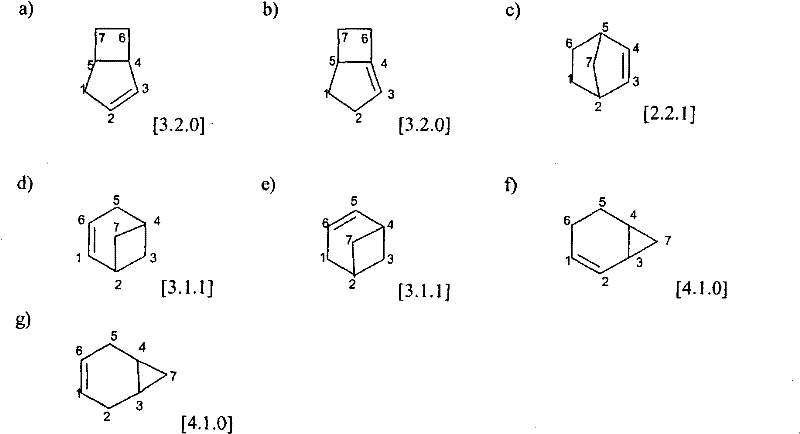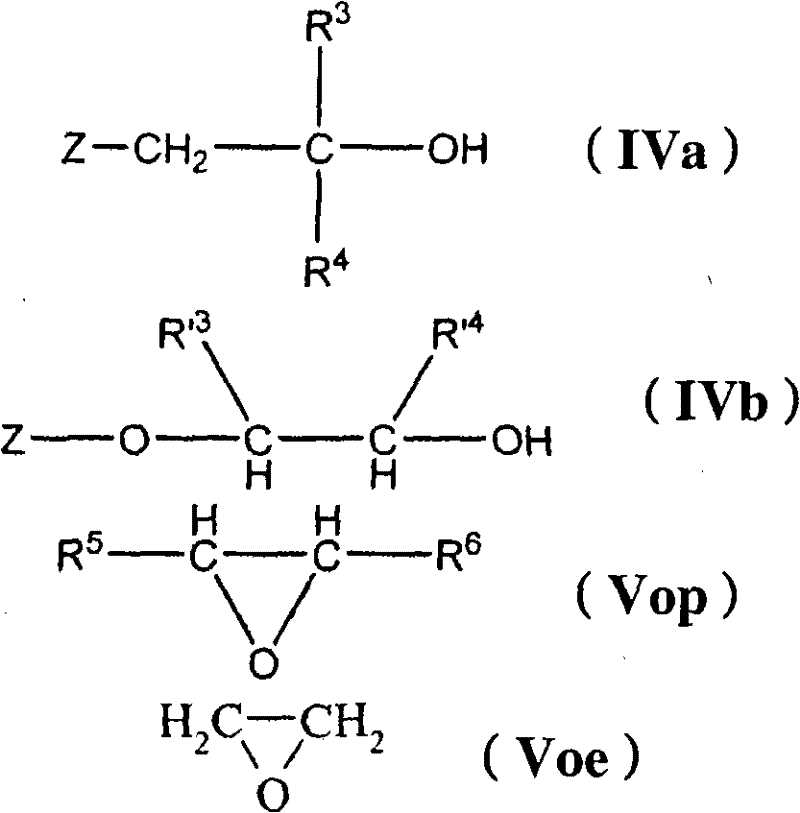Use of carboxylic acid diesters for treating textiles and formulation therefor
A fabric treatment, dicarboxylic acid diester technology, applied in the field of carboxylic acid diester, can solve the problem that detergent is not effective enough to deal with industrial coatings, work clothes pollution, etc.
- Summary
- Abstract
- Description
- Claims
- Application Information
AI Technical Summary
Problems solved by technology
Method used
Image
Examples
Embodiment 1-3
[0189] Examples 1-3: Branched diesters
[0190] For carrying out the use according to the invention, branched diesters obtained according to the synthesis methods described above are used.
[0191] For comparison, use:
[0192] - Linear diesters:
[0193] -Alkaline detergent: 0.36% alkaline detergent containing 45±2% active matter and 3% polyalkoxylated terpene surfactant containing 1 / 3 paste NaOH or KOH , 1 / 3 of sodium metasilicate or sodium silicate and 1 / 3 of tetrapotassium diphosphate.
[0194] The various formulations are summarized in Table II below:
[0195] Table II
[0196]
[0197] The results obtained are given in Table III below:
[0198] Table III
Ex.1 (comparative example)
Ex.2 (the present invention)
Ex.3 (comparative example)
"Clear Coat"
1
1
1
"Base coat"
1
2
2
Primer
2
5
5
[0200] The results in Table III show that th...
Embodiment 4-5
[0202] Examples 4-5: Branched diesters and surfactants according to formula (III)
[0203] For carrying out the use according to the invention, a branched diester obtained according to the synthesis method described above is used together with 3% by weight of ethoxylated / propoxylated terpene surfactant This surfactant is sold by Rhodia Corporation.
[0204] For comparison, use:
[0205] - linear diester Concomitant use of 3% by weight ethoxylated / propoxylated terpene surfactant This surfactant is sold by Rhodia Corporation.
[0206] - Alkaline detergents as described above.
[0207] The various formulations are summarized in Table IV below.
[0208]
[0209] The results obtained are given in Table V below:
[0210] Table V
Ex.1 (comparative example)
Ex.4 (the present invention)
Ex.5 (comparative example)
"Clear Coat"
1
5
5
"Base coat"
1
3
5
Primer
2
...
PUM
 Login to View More
Login to View More Abstract
Description
Claims
Application Information
 Login to View More
Login to View More - R&D
- Intellectual Property
- Life Sciences
- Materials
- Tech Scout
- Unparalleled Data Quality
- Higher Quality Content
- 60% Fewer Hallucinations
Browse by: Latest US Patents, China's latest patents, Technical Efficacy Thesaurus, Application Domain, Technology Topic, Popular Technical Reports.
© 2025 PatSnap. All rights reserved.Legal|Privacy policy|Modern Slavery Act Transparency Statement|Sitemap|About US| Contact US: help@patsnap.com



